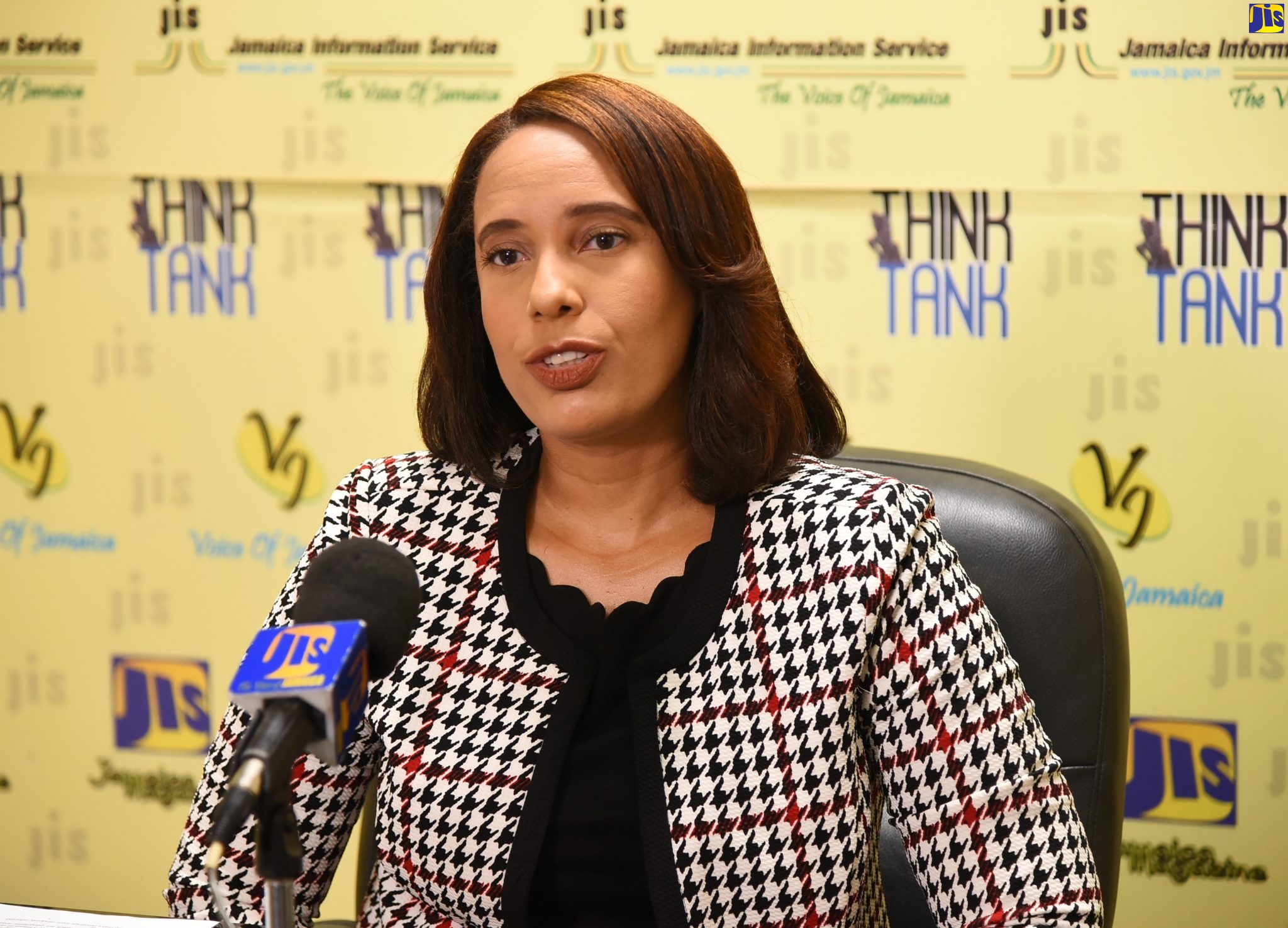STATIN interviewers trained to handle hesitancy
By: , September 26, 2021The Key Point:
The Facts
- However, if it is that the respondent does not want to answer the questions immediately, the interviewer will say “I’ll come back when you have more time or we can pause right here,” Ms. Mantock added.
- Key indicators being used in the survey include fertility; contraceptive use; knowledge, attitude and practice as it relates to sexual reproductive health; child bearing and child rearing; maternal and child care; infant and child mortality; sexually transmitted infections, HIV/AIDS and gender-based violence.
The Full Story
The Statistical Institute of Jamaica (STATIN) says its interviewers are trained to deal with hesitancy when conducting surveys.
The comment was made by Head of the Special Projects Unit, Surveys Division at STATIN, Philone Mantock at a recent Jamaica Information Service (JIS) ‘Think Tank’ in Kingston where the 2021 Reproductive Health Survey (RHS) was being discussed.
“In terms of hesitancy, sometimes the person may be afraid to answer [or] they may be too busy. Our interviewers are trained, so they should revisit,” said Ms. Mantock.
She indicated that interviewers often develop a relationship with respondents prior to asking questions.
“You introduce yourself, you have a little rapport, you stress the confidentiality of the information because the questions are quite sensitive,” said Ms. Mantock.
She emphasised that if there is a question that the respondent does not want to answer, he or she has the option to say “I would rather not respond to that question.”
However, if it is that the respondent does not want to answer the questions immediately, the interviewer will say “I’ll come back when you have more time or we can pause right here,” Ms. Mantock added.
The RHS is a household survey being conducted by STATIN on behalf of the National Family Planning Board. Data collection is underway in all parishes and will end in December 2021.
It includes two independent samples, each covering males and females, aged 15 to 49.
Key indicators being used in the survey include fertility; contraceptive use; knowledge, attitude and practice as it relates to sexual reproductive health; child bearing and child rearing; maternal and child care; infant and child mortality; sexually transmitted infections, HIV/AIDS and gender-based violence.

